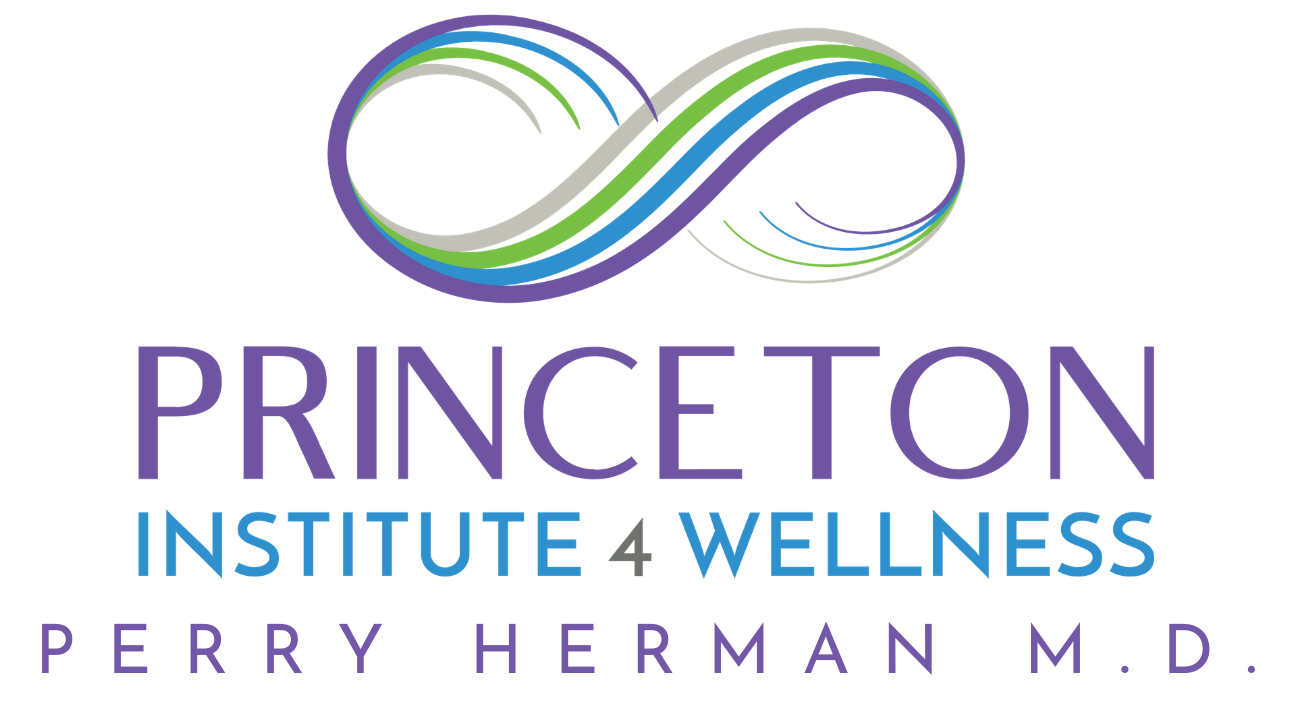When it comes to medical issues that affect Americans, chronic pain is certainly one of the most widespread. About 100 million people have this problem in our country, and it has a fiscal cost measured in the hundreds of billions of dollars. Additionally, many people with this problem do not even get proper treatment for it, which brings about an additional cost in the form of lowered quality of life.
A Chronic Pain Treatment With a Tremendous Social Cost
One common treatment for the prevalence of chronic pain has produced a problem that may be even greater than the pain itself. Opioid prescriptions jumped from the tens of millions in the early 1990s to over 250 million by 2012. The prevalence of opioids has created an addiction crisis that the Centers for Disease Control and Prevention have called the worst drug overdose epidemic in the history of the United States.
More people in the United States today are killed by drug overdoses than by car accidents. With approximately 44 deaths a day in the U.S. attributable to opioids, this has become a problem of terrifying proportions. It has resulted in changes to the guidelines for doctors prescribing these drugs. The dangers manifest in the over-prescription of opioids has also made it urgent to seek treatments for chronic as well as acute pain that do not depend on them. Meditation is one promising angle that is being explored in this regard.
The Power of the Mind in Alleviating Pain
Meditation has been used by millions the world over to help with stress and to reach higher levels of contentment and relaxation. Medical researchers now have promising signs that it can help as part of a holistic approach to the problem of chronic pain relief.
A medical study published in the Journal of Neuroscience in 2016 shows that meditation can reduce pain by stimulating a couple of brain regions having to do with self-control. In this study, 78 participants were split into groups and had their skin heated to a temperature that’s known to produce a high level of pain. The part of the study group that was practicing meditation reported anywhere from 21 to 24 percent greater reduction in their perception of the pain compared to the control group.
Additionally, the study authors found that it achieved this significant benefit without utilizing the body’s opioid system. They discovered this by splitting the study participants into four groups. Two of the groups practiced meditation, and the other two groups didn’t. Among each of the two sets of groups, one was given a drug that blocks the pain-reducing properties of opioids, and the other received a placebo. Both meditation groups fared far better on pain reduction regardless of whether they received the drug or the placebo.
As alternative medicine becomes more popular in the medical field; generally, this study indicates the power of one approach that has certainly not been on traditional medicines radar. Beyond chronic pain, mindfulness meditation can also be practiced by those with acute pain from injury or by those suffering moderate pain from strenuous exercise to decrease their pain and, in the latter example, enable them to focus on achieving an athletic goal.
A Holistic Approach to Pain
Given the opioid addiction crisis in America today, it’s critical that the medical community find alternative therapies for pain management. It’s increasingly apparent that meditation is an important part of this, but it’s far from the only promising alternatives.
There is a relatively new field of medicine known as Psychiatry. A major part of its focus is on non-invasive, non-prescription pain management techniques and modalities for those with chronic or acute pain that people can experience from a wide array of medical conditions or diseases. Aging can even be a factor as our bodies become more delicate as we get older. Acute pain management is another area that needs to be explored as well. Pain management in sports medicine is a growing field as the injury is fairly commonplace in many sports.
The neck, back,and joints are common culprits for areas of the body that are susceptible to chronic pain. Whether hunched over a computer screen at work all day or twisting and turning our heads to see oncoming cars in traffic, these parts of our bodies are constantly stressed and rarely exercised. Psychiatrists are specialized in physical medicine and rehabilitation and are trained to evaluate the cause of any pain or discomfort and then apply their thorough knowledge of the musculoskeletal and neurological systems to affect non-surgical treatments that don’t depend on opioids.
How a Board-Certified Psychiatrist Can Help You
Chronic pain can stem from various causes. Whether it’s due to a medical condition such as Fibromyalgia, or just general deterioration of your neck, back or other joints caused by aging or malnutrition, a psychiatrist can diagnose the problem and apply the correct remedy. At the practice of Dr. Perry Herman, we will employ a host of diagnostic methodologies to determine the underlying cause of your pain. We can then utilize a potent combination of techniques to handle it for you in a non-invasive manner that won’t create even bigger problems in your life as opioids are known to do. This mix of treatments can include such remedies as holistic supplements, chiropractic treatment, acupuncture, physical therapy, muscle relaxants,and anti-inflammatory drugs as well as lifestyle recommendations relating to posture, exercise,and diet that you can practice at home.
Meditation and Other Alternatives Open the Door to Safe Pain Relief
When pain strikes, you want relief. That said, the form of relief you seek should be one that does not give you even bigger problems than the pain. Meditation is an important tool in the medical arsenal for affecting pain management today. With a new medical field, such as psychiatry, providing focus in the area of pain relief, there have never been more alternative therapies available to the negative consequences of opioids.
If you’ve tried meditation for your chronic or acute pain and find you need additional help, you may want to try the services of a board-certified psychiatrist. If you’re anywhere near the Plainsboro, New Jersey area, the office of Dr. Perry Herman will be happy to take a look at your problem and work with you to come up with pain management and relief strategies that restore your quality of life. Don’t suffer silently in pain when there are now safe alternatives to dangerous prescription drugs that are finding increasing acceptance in medical science.






